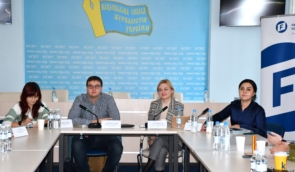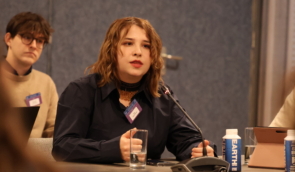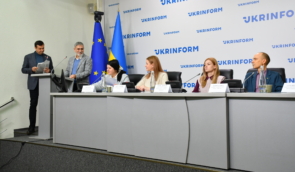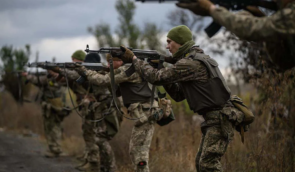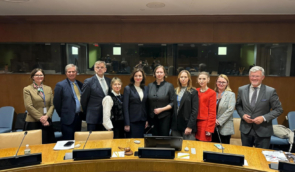Maidan cases: have the murderers of the Heavenly Hundred been punished and what is happening in the courts?
What is the current situation in the Maidan cases, how many criminals have been brought to justice, how are investigations progressing, and what needs to be done so that the Maidan does not become a distant and forgotten story, and the relatives of the victims are not left alone with the judicial system?
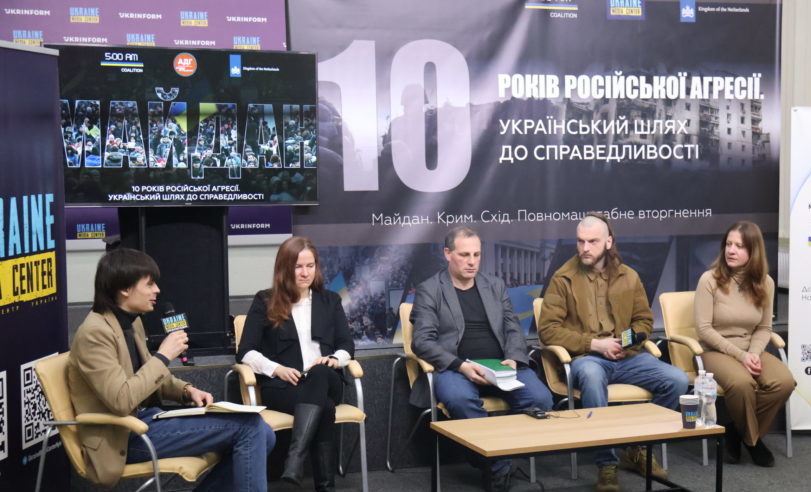
These questions were analysed by the participants of the discussion panel “Maidan” within the media marathon “10 years of Russian aggression in Ukraine. The path to justice”, which was organised by Ukraine 5AM Coalition in the Media Center Ukraine – Ukrinform.
February 20, 2024 marks the tenth anniversary of the executions of the participants of the Revolution of Dignity on Instytutska Street. In 2014, 48 people were shot by law enforcement officers.
The Maidan became a point of no return for a large part of Ukrainian society, which formed its geopolitical aspirations in the “Away from Moscow” vector and embodied the change of the pro-Russian leadership of the country. Also, the events on the Maidan and the proven facts of Russian special services’ interference in them actually became the first stage of Russia’s war against Ukraine, which continued with the occupation of Crimea, armed aggression in Donbas and then a full-scale invasion of Russia into Ukraine.
Can the events of the Revolution of Dignity be classified as an armed uprising or the beginning of an active phase of confrontation with Russia?
Oleksii Donskyi, the head of the Department for Maidan Affairs of the Prosecutor General’s office of Ukraine, is sure that the right of the people to revolution should not be confused with the intention of starting an armed uprising.
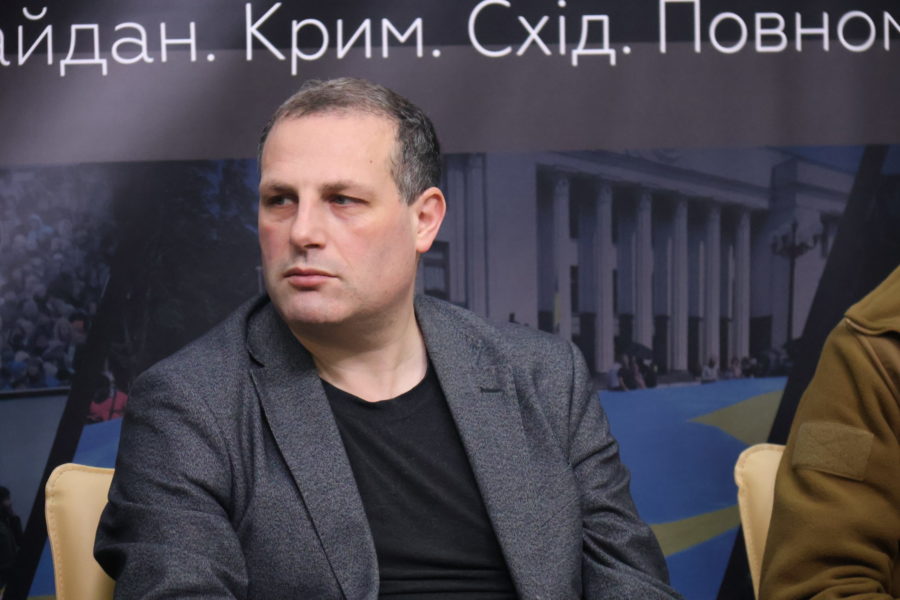 Oleksii Donskyi
Oleksii DonskyiAccording to him, as of February 20, 2014, the protesters had such a right to revolution, but, according to the legal assessment of the circumstances, there were no signs of a purposeful armed seizure of power by the protesters. However, the prosecutor’s office proved the fact that the beginning of Russian hybrid aggression can be considered November 30, 2013, when students were beaten on Independence Square in Kyiv, which gave rise to large-scale protests.
“November 30 is the point of no return, when Russia decided to put an end to the hesitation of the Ukrainian authorities between the vector of movement towards the Russian Federation or Europe and provoked violent actions against the demonstrators. Later, in January-February, organised groups of FSB came to Ukraine and directly managed the actions of SBU”, says Oleksii Donskyi.
Yevheniia Zakrevska, head of the board of the Advocacy Advisory Panel, which protects family members of the Heavenly Hundred Heroes, says: The Maidan was the territory of state-building ideas. People opposed dictatorship and usurpation of power, as well as the arbitrariness of law enforcement agencies. At Euromaidan, a representative section of Ukrainian society was presented by regional, social, age and professional factors. Therefore, the events on the Maidan can be considered a manifestation of public sentiment.
In total, according to the prosecutor’s office, more than 4 thousand crimes were committed during the Revolution of Dignity.
Most of the crimes were investigated and brought to court. Most of the traces and evidence base of crimes were destroyed by the law enforcement officers themselves even before the start of investigative actions, which significantly complicated or made it impossible to document and prove them. A lot of documentation that could serve as an evidence base for the preparation and commission of crimes was destroyed. This especially applies to the events of February 18, when representatives of the Berkut unit massively beat protesters.
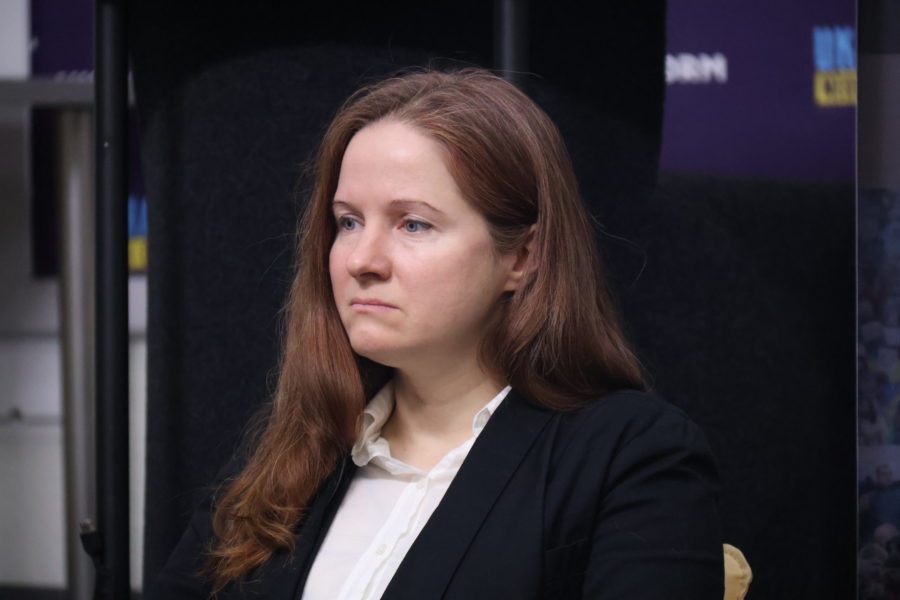 Yevheniia Zakrevska
Yevheniia ZakrevskaAccording to the lawyer, many deaths that occurred on the Maidan are still listed as deaths from heart attacks or hypothermia, and the cause-and-effect relationship between the actions of the Berkut and the circumstances of people’s deaths has not been established. In addition, there are a number of cases in which only the executors were identified, but not the command and those who hired them. However, we should talk about hierarchical crimes, which cannot be considered fully solved today.
According to Yevheniia Zakrevska, the case related to the shootings on February 20, 2014 is currently the most investigated. Regarding other crimes that took place on the Maidan, the cases are being delayed. Some of those cases are running out of the statute of limitations or have already run out, and the perpetrators are still serving in the law enforcement agencies of Ukraine. As for cases in absentia (in the absence of the accused), the courts delay their consideration for years.
“This is a fiasco of our judicial system. The example of the big case regarding the shootings on February 20, where the perpetrators and organisers were identified, one verdict was passed and others were brought to court, gives a clear understanding of what should be done and how. But most judges are not very eager to solve these cases. The preparatory stages of the meetings last for years. Our comments and recommendations are not taken into account”, says Yevgenia Zakrevska.
In addition, more than 90% of law enforcement officers who were involved in those events do not cooperate with the investigations and refuse to identify themselves as participants in the events.
Yurii Aksenin, son of Vasyl Aksenin, who was killed on Independence Square, head of the association of families of the Heavenly Hundred, is outraged that things are moving so slowly. Many mothers and fathers did not live up to see the investigation into the murder of their sons.
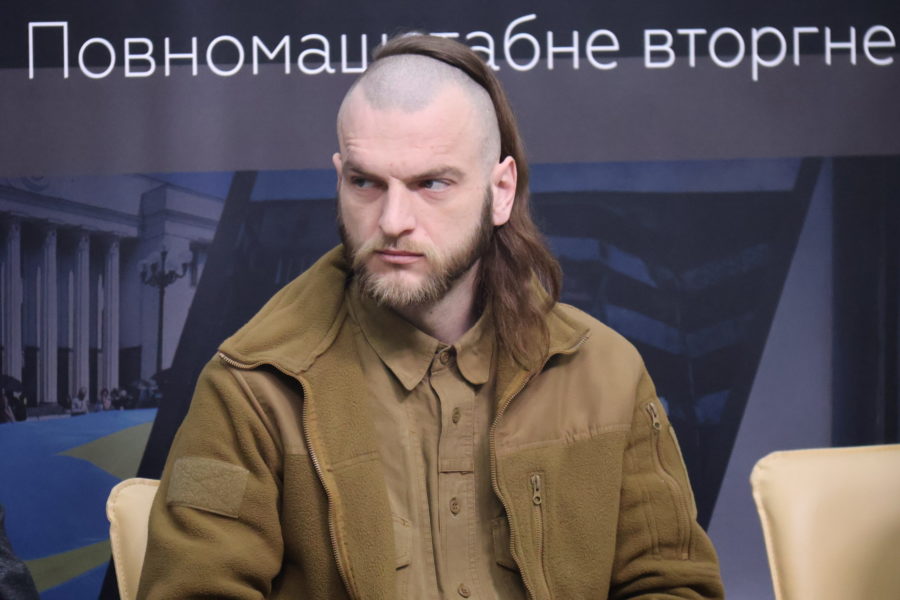 Yurii Aksenin
Yurii Aksenin“We are not satisfied with all the verdicts, and we are appealing them. But when the statute of limitations expires or there is no evidence base, the relatives are left alone with the justice system, and it is very difficult for them to move towards justice”, says Yurii Aksenin.
In addition to the demand for justice and punishment of those responsible, one of the important tasks still remains documentation and investigation, preservation of objective confirmed memory of the events on the Maidan. Olha Salo, deputy general director of the Museum of the Revolution of Dignity, says that the materials of investigations and court cases are an important component of the memory infrastructure.
“The full-scale war actualized public interest in the events of the Maidan, because it was the beginning of the Russian aggression that has been ongoing for 10 years. We have to record the circumstances in order to remember the development of events, especially for people who did not directly participate in these events”, emphasises Olha Salo.
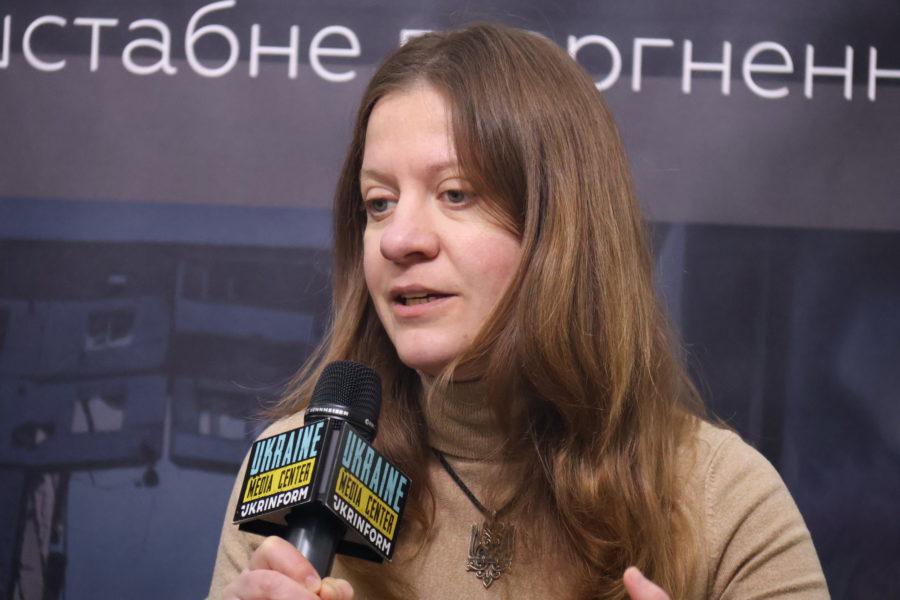 Olha Salo
Olha SaloAccording to her, the mass of information collected and preserved by historians should become a tool of collective responsibility of all those involved in crimes. “Although there is no concept of collective responsibility in the legislation, the collective moral responsibility to the people of Ukraine on the part of those who are now accused in the Maidan cases should be indisputable”, she said.
For more information, see the conversation record in Ukrainian or English.
If you have found a spelling error, please, notify us by selecting that text and pressing Ctrl+Enter.

